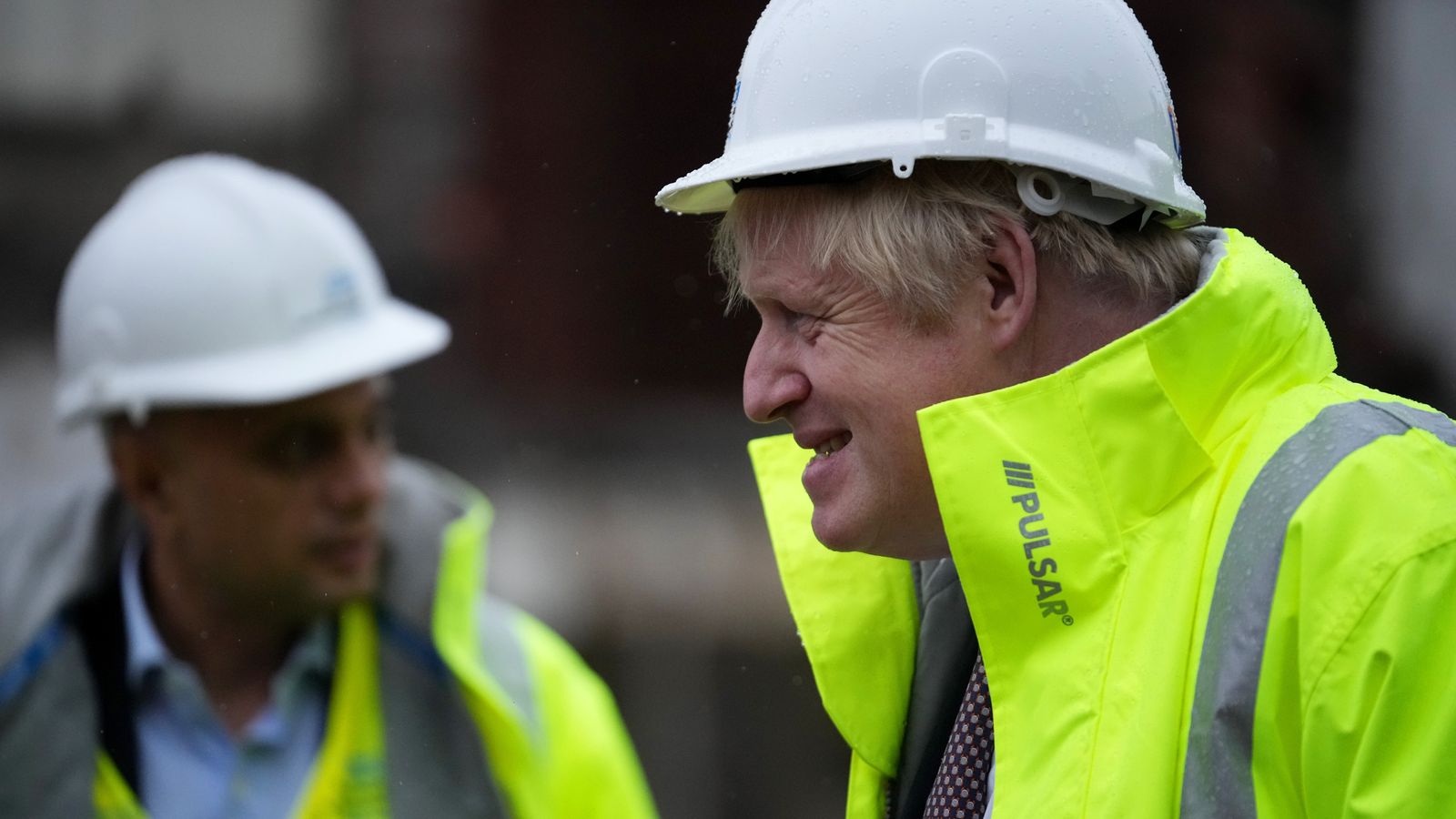Boris Johnson has not ruled out a further relaxation of immigration rules to help ease the UK’s fuel and supply shortages – but the prime minister insisted he does not want to see a return to “a lot of low-wage immigration”.
Amid the continuing queues at petrol stations across the country, the government has said 300 fuel tanker drivers will be able to come to the UK from overseas “immediately” under a bespoke temporary visa which will last until March.
Some 4,700 other visas intended for foreign food haulage drivers will be extended beyond the initially announced three months and will last from late October to the end of February.
And a total of 5,500 poultry workers will also be allowed in to help keep supermarket shelves stocked with turkeys before Christmas.
But business groups have said the emergency visa schemes do not go far enough, with the UK estimated to have a shortage of 100,000 HGV drivers, according to the Road Haulage Association (RHA).
There have also been calls for the visa programme to be extended to HGV drivers in all sectors of the retail industry.
Asked on Saturday whether he would rule out further relaxations to immigration rules, Mr Johnson said the possibility of more visas would be kept “under review”.
Tory party conference: PM will try to turn a troublesome backdrop to his advantage
Brexit: Boris Johnson says Northern Ireland Protocol will be a case of ‘fixing it or ditching it’
Boris Johnson looking at new green levies on gas as prices reach new high, leaked document reveals
“What we have now is a system that allows us to control immigration,” he said.
“That gives us flexibility – we can open up our markets if we need to. And, of course, we’ll keep everything under review.”
However the prime minister stressed he was hesitant about relaxing immigration rules even further.
“What we don’t want to do is go back to a situation in which we basically allowed the road haulage industry to be sustained with a lot of low wage immigration,” he added.
“That meant that wages didn’t go up and facilities, standards and the quality of the job didn’t go up.
“So the weird thing is now that people don’t want to go into the road haulage industry, don’t want to be lorry drivers, precisely because we’ve had that massive immigration approach and held wages down and held the quality of the job down.
“So we want to see an improvement, we want to see investments in facilities.
“And what you’re now starting to see is, for the first time in over a decade, you’re seeing wages going up around the country, and that is fundamentally a good thing.
“That’s what we need. Wages are going up faster for those on the lower incomes and that is what we mean by levelling up.”






















